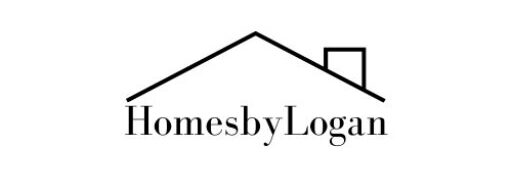Understanding Closing Costs
When you’re on the brink of owning your dream home, having navigated through offers, loan approvals, and more, there’s one final hurdle: the closing.
Closing, also known as settlement, is the formal procedure where property ownership is transferred from the seller to you, the buyer. This phase can seem overwhelming, with a myriad of documents to sign and significant payments to make, especially for closing costs. These costs often baffle buyers, who might find themselves parting with substantial sums without fully grasping what they’re for.
For an informed home-buying experience, it’s crucial to understand these costs, which encompass both mortgage-related and government-imposed fees. While the exact fees can differ based on location, some common ones include:
1. Appraisal Fee: Covers the cost of evaluating the property’s value. Often, this might have been paid during the initial loan application.
2. Credit Report Fee: This covers the expense of the credit report the lender requests. Like the appraisal fee, this might have been settled during the loan application.
3. Loan Origination Fee: This addresses the lender’s administrative costs for processing the loan, typically amounting to one percent of the entire mortgage.
4. Loan Discount: If you’ve opted to buy points to reduce your interest rate, you’ll encounter this one-time fee. Each point is equivalent to one percent of the total loan.
5. Title Insurance Fees: These fees encompass costs related to the title search, title examination, title insurance, document drafting, and other miscellaneous title-related expenses.
6. PMI Premium: For homes bought with a minimal down payment, lenders usually mandate a mortgage insurance fee. This safeguards the lender in case of foreclosure. Once homeowners achieve 20 percent equity, they can typically request to drop this insurance.
7. Prepaid Interest Fee: This covers the interest from the purchase date to your first mortgage payment’s date. The amount can vary significantly based on when in the month you buy the home.
8. Escrow Accounts: In areas where these accounts are standard, a lender will initiate an account to hold funds for upcoming annual property taxes and home insurance. Initial deposits can include a year’s worth of homeowner’s insurance premium plus some extra, and a prorated amount for the year’s property taxes.
9. Recording Fees and Transfer Taxes: Most states levy this fee for documenting the purchase and transferring property ownership.
It’s advisable to engage with a local real estate expert to get a precise breakdown of expected closing costs. Remember, during negotiations, you can discuss these costs with the seller. In some scenarios, the seller might even cover all closing costs.

